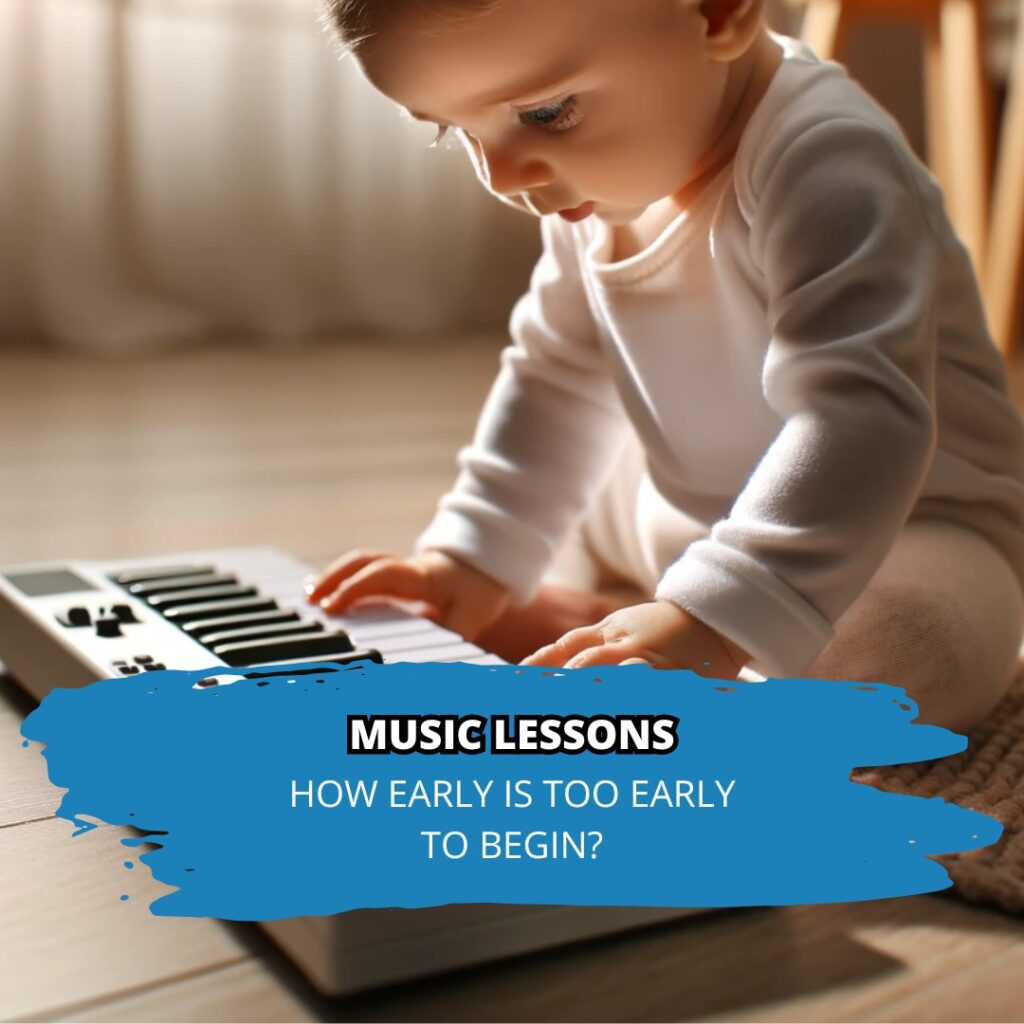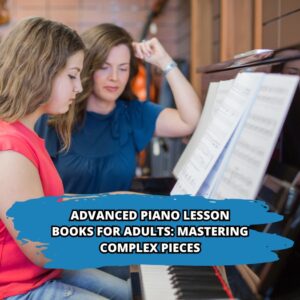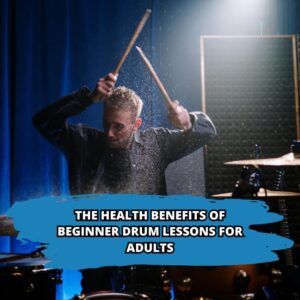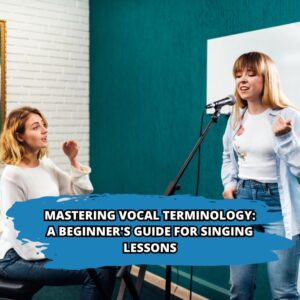
Perhaps you’ve seen your over-zealous friend hauling her two year old off to Kindermusik and thought it was a little extreme. Maybe you are an adult who survived a childhood forced into learning an instrument you didn’t like and are adamantly against music lessons at such a tender age. Perhaps you are a parent and wondering what to do with your tiny tot, preschooler, or school-age child. Is it too early? Too late? There are a lot of opinions on what ages are appropriate for learning music. So how do you make sense of it all? And should you decide that your little one should learn an instrument, you might also ask: “Where are the best music classes near me for kids?”
How Soon is Now?
To begin with, there is no such thing as too early for musical education. The parents that are putting headphones of the expectant mother’s belly are on to something. Music is beneficial to neural development at all ages, especially as the brain is in its early stages of development.
Now, can you stick a guitar in a 1-year-old’s hands and teach them to play? Good luck with that. In all honestly, music education does not have to be formal to be beneficial in these early years. Teaching rhythm through some toddler music and dance sessions at home is a great introduction to music, as are many of the baby and tot music toys. These will help build your child’s musical foundation.
The Right Age for Music Lessons
Is there a magic age to begin formal music lessons? Yes and no – every child develops differently. Gains like increased cognitive development, higher IQ, enhanced fine motor skills, and improved ability to concentrate are their strongest between ages 2 and 9. Typically, a child’s brain has developed the necessary neural pathways for music lessons by age 3. However, though the brain circuits are ready, your child may not be otherwise ready if they are not emotionally mature enough to sit still for a lesson and concentrate. Their instrument of choice may not be ready for them, either.
If you think your child is ready for lessons by age 3, you can often find small violins or guitars. Alternatively, singing and drums might be a great place to start because they are not as limited by size. Even though Mozart began playing Pianoforte at 3, his instrument was slightly different from today’s pianos. Many piano teachers prefer to start teaching kids when their hands can fit the keys, which usually falls anywhere from 4-6.
Avoiding the Therapist’s Couch
But what about all of those people who lament their childhood, forced to endure cello and flute? In truth, it has little to do with age. Lessons are rough at any age if the student has no interest in the instrument. If your child really wants to play drums and you put them in violin, then this will invariably cause friction and may create resentment. Exposing preschoolers to a range of instruments will allow them to find something that is most interesting to them – which ups the fun factor and removes the adult hours on the psychologist’s couch.
The Verdict
From before birth, music lessons improve neural development and capacity. Gains intensify from between ages 2-9, considered the perfect window to begin music education. You can often begin formal music lessons between ages 3-6. To ensure your child also cultivates a love of music, allow them to select an instrument (or singing) and make sure that they have a fun, engaged music teacher who is experienced with teaching young children.
https://elitemusic.ca/music-lessons-early-early-begin/










3 Responses
I always wanted to make my own music but I don’t have instruments I am only 8 years old and don’t know what song I should make can you guys Tell me a name I am thinking of butterflies in a sky
That’s a wonderful idea for a song! Here are a few names besides “butterflies in a sky”:
Skyward Butterflies, Butterfly Breezes, Dance of the Butterflies, Wings in the Wind, Fluttering Dreams, Butterflies Above, and Butterfly Ballet.
You can create a song by just singing about these things. You don’t need instruments to make music; your voice is a beautiful instrument too!
Even a toy piano helps a lot and you don’t have to spend a lot of money for a little child I would say two or 34 because their hands are so delicate toy piano works fine with one finger to play by ear
They can always learn to read but somehow when kids get older they kind of lose their ear and everything becomes “what does it look like” & “how does it look”